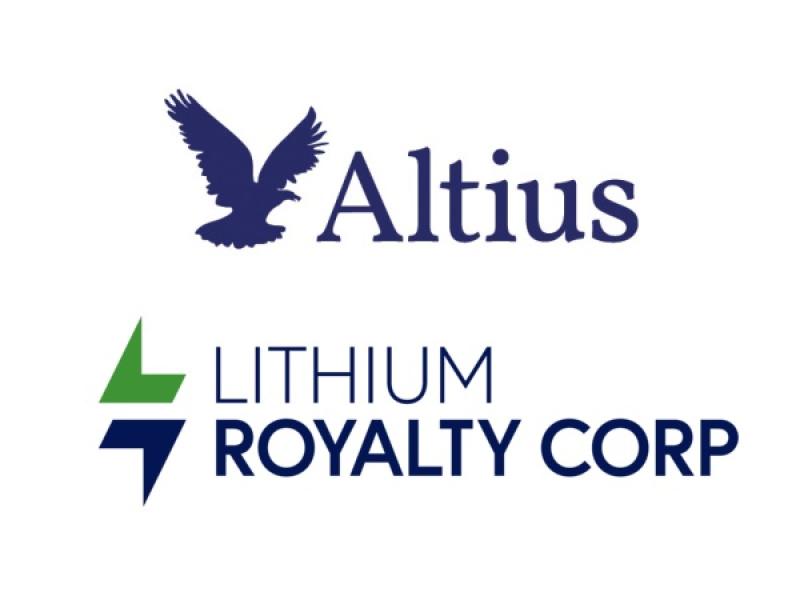
More of Canada’s largest public firms are disclosing greenhouse gas (GHG) emissions data and setting targets, however there is still plenty of room for improvement – particularly regarding verification.
This is according to a new report from the Institute for Sustainable Finance (ISF) at Queen's University: Canadian Corporate Performance on GHG Emissions, Disclosures and Target Setting: Third edition.
The ISF report was compiled from climate reports from the S&P/TSX Composite Index, which comprises around 250 firms. The results are based on information included in corporate reports released during 2022, augmented with data reported to CDP (formerly the Carbon Disclosure Project).
It found 169 firms – 72 per cent of the Index – reported their 2021 GHG emissions, a small increase from the previous year.
It also reported 134 firms, or 57 per cent of the Index, disclosed GHG reduction targets, up from 113 the previous year. However, 36 per cent of firms with targets provided little or no associated details on how reductions will be achieved and only 13 per cent provided very detailed plans.
“Thanks to the emergence of global standards for emissions reporting and regulatory requirements for climate-related disclosures, we can expect to see significant improvement in the next few years,” the ISF’s director of research, Ryan Riordan, said in a statement. “We may be seeing the last days of the Wild West in climate reporting in Canada.”
The other authors of the report are ISF senior research associate Simon Martin and chair Sean Cleary.
The ISF’s report
Relative to the previous year, the number of firms with net-zero or carbon-neutral targets has increased. The report also found 30 firms have a Scope 3 target, which was not tracked in previous years.
The larger the firm, the more likely it reports emissions data. The 72 per cent of firms in the Index that disclose emissions cover 91 per cent of the Index’s market capitalization.
“If Canadian firms want to increase the amount of foreign capital they attract, improving disclosure on these dimensions is critical,” Cleary said in a statement. “Many companies will need to acquire the skills and capacity for effective climate reporting. Before long there will be no excuse for failing to prioritize climate-related disclosures.”
According to the ISF, this rate of reporting makes Canada competitive with the U.S. and Japan, but still well behind Europe and the U.K. where public companies had emissions reporting rates of 89 per cent and 98 per cent, respectively, in 2019.
The report’s findings
More reported emissions are verified by a third-party – 37 per cent to be exact – while 35 per cent reported unverified emissions. This marks a slight improvement from 2020, when 33 per cent reported verified data and 36 per cent did not have their disclosures verified
Firms that linked executive compensation to climate targets rose to 23 from 17, and companies with some management incentives tied to climate-related issues rose to 50 from 35.
The report also found 167 absolute targets, an increase of 11 per cent. However, only 13 per cent of all firms’ targets were ranked as "very detailed" by the ISF.
“We found the level of detail provided on plans for achieving GHG reduction targets varies and is often very limited,” the report reads.
Fifty-one per cent were ranked "some detail," while "boilerplate" and "no detail" were ascribed to 24 per cent and 12 per cent, respectively.
The report cites the PwC 2023 Canadian ESG Reporting Insights, which found just 27 per cent of Canadian companies include clear timeframes for achieving ESG targets.










